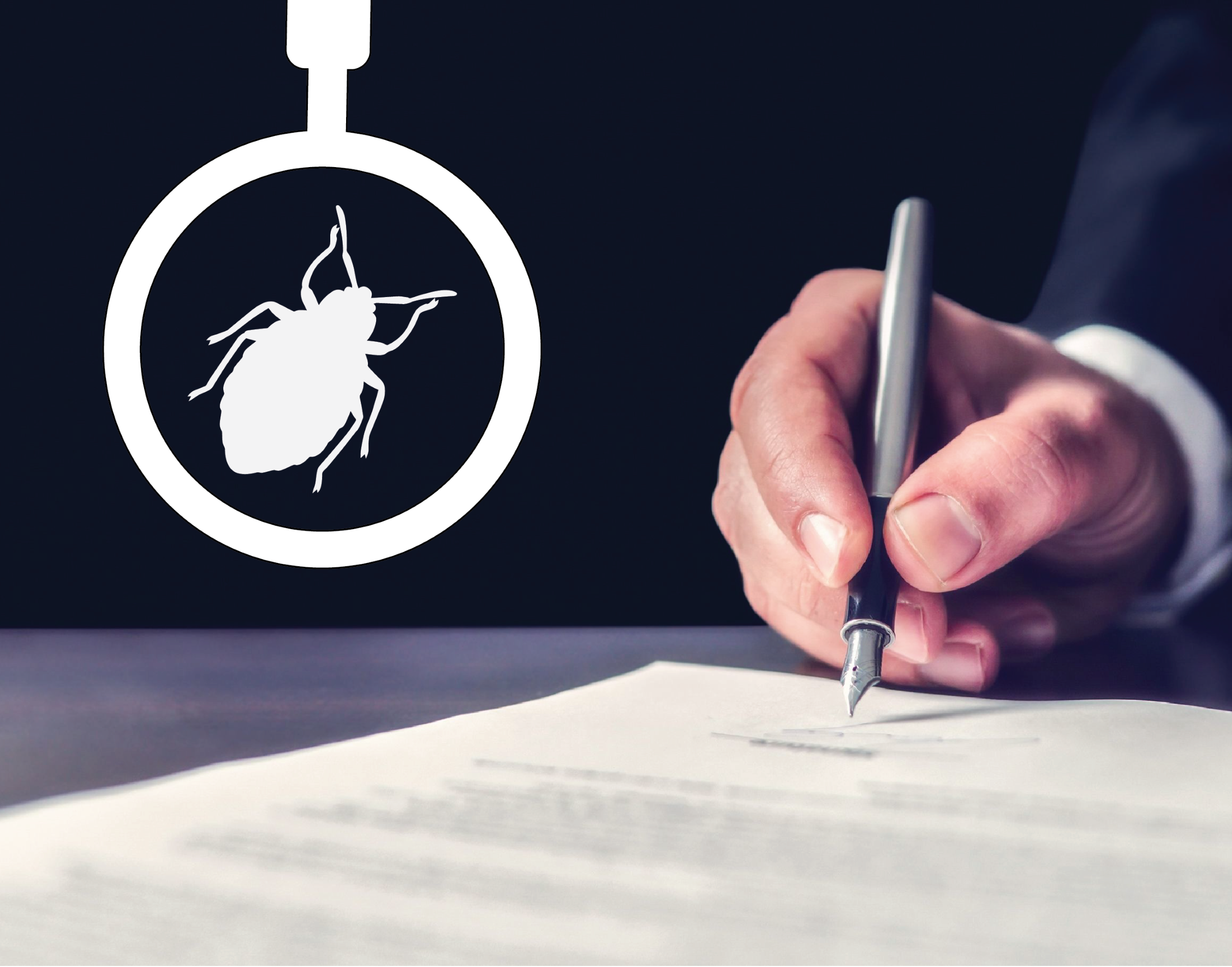New Requirements in Bed Bug Legislation
Date postedJanuary 21, 2020
 Last year the Colorado legislature enacted a new statute dealing with landlord and tenant obligations regarding bedbugs (C.R.S. 38-12-1001). The legislation had a delayed effective date of January 1, 2020. Consequently, now is good time to revisit the requirements of the new law. The issues can be broken down into disclosure requirements and response requirements.
Last year the Colorado legislature enacted a new statute dealing with landlord and tenant obligations regarding bedbugs (C.R.S. 38-12-1001). The legislation had a delayed effective date of January 1, 2020. Consequently, now is good time to revisit the requirements of the new law. The issues can be broken down into disclosure requirements and response requirements.
Disclosure Requirements
A landlord may not lease a property reasonably suspected to have bedbugs. There is not a statutory obligation to investigate the presence of bedbugs, absent knowledge or a reasonable basis for suspicion.
A landlord may not lease a property reasonably suspected to have bedbugs. There is not a statutory obligation to investigate the presence of bedbugs, absent knowledge or a reasonable basis for suspicion.
If requested by the tenant, a landlord must disclose bedbugs found in the last 8 months and the last date inspection wherein the property was found a free of bedbugs. There is not a statutory obligation for unrequested disclosure or disclosure of infestations more than 8 months old.
Even prior to the enactment of the statute, a landlord would have been required to disclose known or reasonably suspected bedbug infestations under the existing legal theories of fraudulent or negligent concealment (the obligation to disclose known material latent defects). Arguably the statute may narrow a judge’s interpretation of this disclosure obligation, primarily by defining a reasonable period of concern to 8 months, but also by reciting the requirement of a tenant request.
 Response Requirements
Response RequirementsOnce a bedbug infestation is reported to the landlord (in writing, text or email) a landlord must cause the unit to be inspected by a Qualified Inspector within 96 hours (four days). A Qualified Inspector is defined to be a “bed bug detection team, local health department official, certified operator, commercial applicator, qualified supervisor, or technician who is retained by a landlord to conduct an inspection for bed bugs.” While one might be tempted to view an in-house maintenance person as qualifying as a retained “technician”, elsewhere in statutes dealing with exterminator qualifications (C.R.S. 35-10-103(13)) is clarification for the need for technicians to be licensed. Consequently, neither the landlord nor a traditional maintenance tech is qualified to conduct the required inspection.
The statute also requires 48-hour notice prior to entry but provides that this notice requirement can be waived by the tenant. Any prudent landlord should include the tenant’s waiver of 48-hour prior notice in their lease or pest addendum, as given the quick inspection mandate, extended prior notice of entry will be impractical to manage.
The landlord then must provide notice of the inspection results within two business days of the inspection. If bedbugs are found, all continuous units must be inspected promptly and appropriate treatment must be commenced within five business days. As with previous legislation on the issue, the outcome of the treatment (success) is not dictated.
There are some important tenant requirements and landlord protections in the statute. The tenant must promptly provide notice of the bedbugs (written or electronic). The tenant must allow entry and cooperate with the treatment. The statute contains a specific recital of no obligation to provide alternative lodging or replacement of personal property.
A landlord is required to pay for all cost associated with bedbug treatment, except in the case the tenant knowingly and unreasonably fails to comply with inspection and treatment requirements. Consequently, the causation of the infestation is largely irrelevant to who bears the cost of the extermination response.
